Data science is a field that uses statistical analysis, programming,
and domain expertise to find useful information in data. Data
scientists are highly skilled professionals who use these techniques
to provide actionable insights that can be used to make better
decisions and improve business outcomes. They usually have strong
educational backgrounds in mathematics, computer science, and related
fields, as well as practical experience in areas like statistics and
machine learning. They use this knowledge to process, analyze, and
interpret large and complex data sets, and then apply their insights
to help organizations make better decisions and achieve their goals.
...
What is a data science course and why should you take one?
The demand for data scientists is rapidly increasing across
industries, from healthcare to business, marketing, technology, and
finance. Learning data science skills can open up exciting career
opportunities and boost your earning potential. It's a great time to
join this fast-growing field and shape the future of data-driven
decision-making.
Our data science course will help you gain the skills and
knowledge that employers look for in this rapidly growing field.
You'll become a strong candidate with both theoretical knowledge and
practical experience, making you a great choice for employers.
Why should you choose simplilearnbay's data science course?
In a competitive market for data science education, simplilearnbay stands
out with our unique approach to training. We offer a personalized
curriculum and practical, hands-on experience to ensure that our
students gain the skills and knowledge they need to succeed in the
field. Our approach includes live sessions and simulated interviews
to prepare our students for real-world challenges.
With our Microsoft-certified data science program, you'll gain
valuable industry-recognized credentials that will give you a
competitive edge. Plus, with our real-world project experience and
flexible learning options, you can learn at your own pace. Our
program is designed to meet the needs of busy professionals and
students alike.
Assured advantages of our out-standing data science course
Our data science program covers all aspects of the field, from
introductory to advanced topics. You'll learn how to use popular
programming languages and tools, including Python, C/C++, machine
learning, deep learning, and applied statistics. This comprehensive
curriculum will prepare you for a wide range of real-world data
science projects.
Our program strikes the perfect balance between theoretical
knowledge and practical experience. You'll get hands-on experience
with real-world data science projects, such as predicting credit
default and analyzing YouTube video analytics. In addition to our
350+ live sessions, you'll also have the opportunity to participate
in simulated interviews, preparing you for success in the job
market.
What is the ideal course curriculum for data science course?
The data science course curriculum includes topics such as data
preprocessing, data mining, machine learning algorithms, deep
learning, natural language processing, and more. You'll also learn
how to work with various programming languages, such as Python, SQL,
and R. And you'll gain practical experience with industry-relevant
projects.
Who is eligible for this data science course?
This course is designed for anyone who wants to gain skills in data
science, including recent graduates, experienced professionals, and
career changers. You don't need any prior experience in data science
or programming to enroll in the course. However, a basic
understanding of mathematics, statistics, and computers is
recommended.
Why is it beneficial to take a data science course? What are the
potential career benefits of earning a data science certification?
Data science is a highly in-demand skill, and taking a data science
course can be an excellent way to gain the knowledge and skills
necessary to pursue a career in this exciting field. A data science
course typically covers essential topics like programming languages,
statistics, and machine learning. It also provides students with
opportunities to gain hands-on experience working with real-world
data. This experience can help students understand how data science
can be used to solve business problems and make better decisions.
Online data science certification programs can vary in terms of
their value and relevance to an individual's career goals. In
general, these programs can be useful for demonstrating competence
in data science, which may be beneficial for job seekers or those
looking to advance in their current roles. However, it's important
to research specific programs to ensure they align with one's goals.
While a data science certification can be a valuable addition to
one's resume, it's important to recognize that it is not a magic
bullet for career advancement. Employers will also consider an
individual's experience and portfolio of work. Therefore,
individuals should consider the time and effort required to earn a
certification and whether it aligns with their long-term career
goals.
What incentives one can relish after finishing the course?
Upon completing a course at simplilearnbay, students will receive not
only a Microsoft certification, but also guaranteed job referrals.
These referrals may include opportunities in various industries such
as business, finance, healthcare, and technology. Students can use
these referrals to pursue a career path
that aligns with their interests and skills. With the right
training and dedication, they can become successful-
- Data science professionals
- Data analyst
- Data engineer
- Statistician
- Data architect
- Business analyst and more
Perks of getting a data science course
There are many benefits to our data science certification course,
kindly go through the below mentioned bullets to get the finest
idea.
- A comprehensive and high-quality course curriculum.
-
You'll have the opportunity to communicate with industry experts
to create a personalized curriculum tailored to your needs and
interests.
-
Gain valuable real-world experience with 15+ industry projects
across 6+ different domains.
-
Our live interactive sessions and recorded videos give you the
flexibility to learn at your own pace.
-
This course is designed to be completed in just five months, but
you'll have lifetime access to the materials and resources.
-
Our simulated interview sessions help you prepare for the real
world and give you the confidence to succeed in a job interview.
-
You'll earn two certifications - one from Microsoft and one from a
leading company. These certifications will validate your skills
and give you a competitive edge in the job market.
-
You'll receive guaranteed job referrals to help you land your
dream job.
-
You can choose between an online or an offline course, depending
on your preferences and availability.
-
This course is designed to be completed in just five months, but
you'll have lifetime access to the materials and resources.
What core skills and projects will be focused upon in this data
science course?
Our course is designed to give students real-world experience
through hands-on projects in a variety of industries. With 15+
projects spanning 6+ domains, students will gain practical knowledge
and skills that can be applied in the workplace. Our course covers
programming fundamentals, data science projects in Python, and
various statistical and analytical concepts. It also includes
training in over 20 popular data science tools. This comprehensive
curriculum is designed to equip students with the skills and
knowledge they need to succeed in the field.
How long this data science course will stretch?
The duration of data science courses can vary widely, depending on
the institute and the format of the course. Typically, online
courses range from 5 months to 3 years, while offline courses may be
shorter or longer. The duration also depends on the individual's
learning goals and needs.
How much a data science course cost?
Our comprehensive data science course comes at the extremely
reasonable price of 65,000 rupees with feasible payment options. We
encourage you to explore all the available options to find the best
fit for your needs.
Prediction of the future of data science industry
The data science industry is poised for significant growth in the
coming years, with many experts predicting strong demand for skilled
professionals. The industry is expected to experience rapid
expansion due to the increasing use of big data and the need for
data-driven decision-making. Experts predict significant growth in
the data science industry in the coming years, driven by the
increasing need for data-driven decision-making and the growing
demand for skilled professionals.
The data science industry is expected to grow rapidly in the coming
years due to a few key factors. First, the increasing amount of data
being generated by businesses and individuals is creating a need for
data-driven decision-making. Second, advances in computing power and
storage capacity are making it easier to process and analyze large
amounts of data. Third, the emergence of new technologies like
machine learning and artificial intelligence is making it possible
to extract insights from data in new and innovative ways.
One example is in the field of healthcare, where data science is
being used to analyze patient data and improve diagnosis and
treatment. In finance, data science is being used to detect fraud
and optimize investment strategies. In retail, it's being used for
personalized marketing and product recommendations.All of these
factors are driving demand for skilled data scientists and fueling
the growth of the data science industry.
How distinctive is to get the online data science course than an
offline setting?
There are a few key differences between online and offline data
science courses. For one, online courses tend to be more flexible in
terms of scheduling, since you can access the course materials and
lectures at any time, from any location. There is research that
supports both sides of the argument. Studies have shown that online
learning can be just as effective as in-person learning in terms of
knowledge retention and test scores. However, other studies have
shown that in-person learning can lead to better long-term retention
and deeper understanding of the material. One possible reason for
this is that in-person learning allows for more opportunities to
interact with the instructor and ask questions.
How huge the hunger is there in India for data science course?
In India, the field of data science is gaining significant attention
and experiencing a growing demand due to the increased need for data
analysis in many industries, particularly in the business, finance,
and healthcare sectors. This demand is driven by the need to
effectively collect and manage large amounts of data, especially in
the aftermath of the COVID-19 pandemic
In India, data is recognized as a valuable resource, and the demand
for skilled data scientists is on the rise. As a result, people are
increasingly interested in pursuing online data science courses to
gain the necessary skills and capitalize on the abundant
opportunities in the field. With the convenience and flexibility of
online learning, people are able to upskill themselves without
disrupting their current work or lifestyle.
How much as a data scientist one can earn nationally and
internationally?
It really depends on several factors, including the country you're
working in, your level of experience, and the specific industry
you're working in. In general, data scientists can earn a very good
salary both in India and internationally. In India, the average
salary for a data scientist can range from ₹5 lakhs to ₹15 lakhs per
year, with the potential to earn even more with experience and
expertise.
Internationally, as I mentioned, the average salary for a data
scientist can range from $60,000 to $150,000, with experienced
professionals earning even more. There is also a lot of variation
depending on the specific country, industry, and company. In
general, the tech hubs of the world like the US, UK, and Canada tend
to have higher salaries for data scientists.
What is the difference between AI and data science course?
The key difference between AI and data science courses is that AI
courses focus specifically on the design and development of
artificial intelligence systems, while data science courses cover a
broader range of topics related to working with and analyzing data.
Data science courses also tend to cover more general programming and
mathematical concepts, while AI courses focus more on machine
learning and neural networks.
Benefits of getting the AI and data science course
The benefits of taking AI and data science courses include gaining
in-demand skills, increasing your career opportunities, and being
able to work with cutting-edge technology. These courses can also
help you develop critical thinking and problem-solving skills, and
give you the ability to make data-driven decisions. Additionally,
they can be a lot of fun and can open up new and exciting career
paths.
Benefits of getting the AI and data science course
The benefits of taking AI and data science courses include gaining
in-demand skills, increasing your career opportunities, and being
able to work with cutting-edge technology. These courses can also
help you develop critical thinking and problem-solving skills, and
give you the ability to make data-driven decisions. Additionally,
they can be a lot of fun and can open up new and exciting career
paths.
How huge is the scope for AI and data science course?
The scope for AI and data science courses is huge! The demand for
professionals with these skills is growing rapidly, and it's
expected to continue growing in the coming years. There are many
different industries and sectors that are looking for professionals
with AI and data science skills, including healthcare, finance,
retail, and manufacturing. So, the career options are diverse and
plentiful.
And the skills learned in these courses can be applied in a wide
range of settings. For example, in the healthcare industry, AI and
data science can be used to analyze patient data and improve
diagnoses and treatments. In finance, they can be used for risk
management and fraud detection. In retail, they can be used for
personalized recommendations and targeted marketing. And the list
goes on and on.
In addition to the wide range of industries that use AI and data
science, there are also many different job roles that require these
skills. For example, there are data scientists, who analyze and
interpret data, data engineers, who build the infrastructure for
data analysis, and machine learning engineers, who develop and train
machine learning models.
There are also many other roles related to AI and data science, such
as business analysts, who use data to make informed decisions, and
software developers, who create applications that use data and AI.
The demand for these roles is increasing, and salaries for these
positions are often very competitive. The future of AI and data
science is bright and full of opportunity!
How to get admission in the AI and data science course?
If you're interested in enrolling in an AI and data science course,
you can typically do so by visiting the course provider's website,
browsing their catalog of courses, and selecting the one that best
matches your interests and skill level. Once you've selected a
course, you can typically follow the provider's enrollment process
and pay for the course to gain access to the materials and begin
your learning journey.



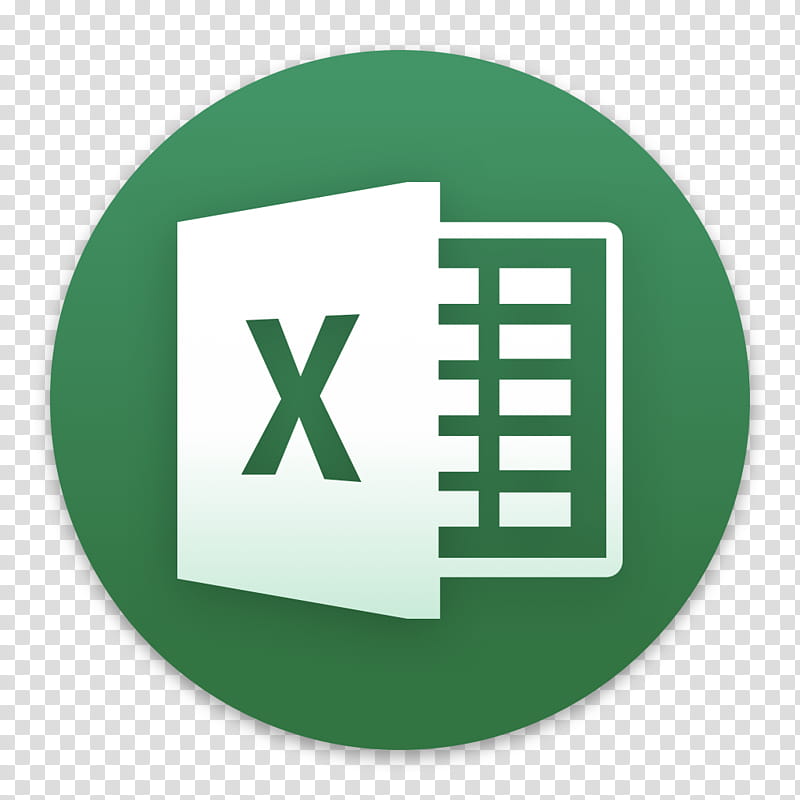

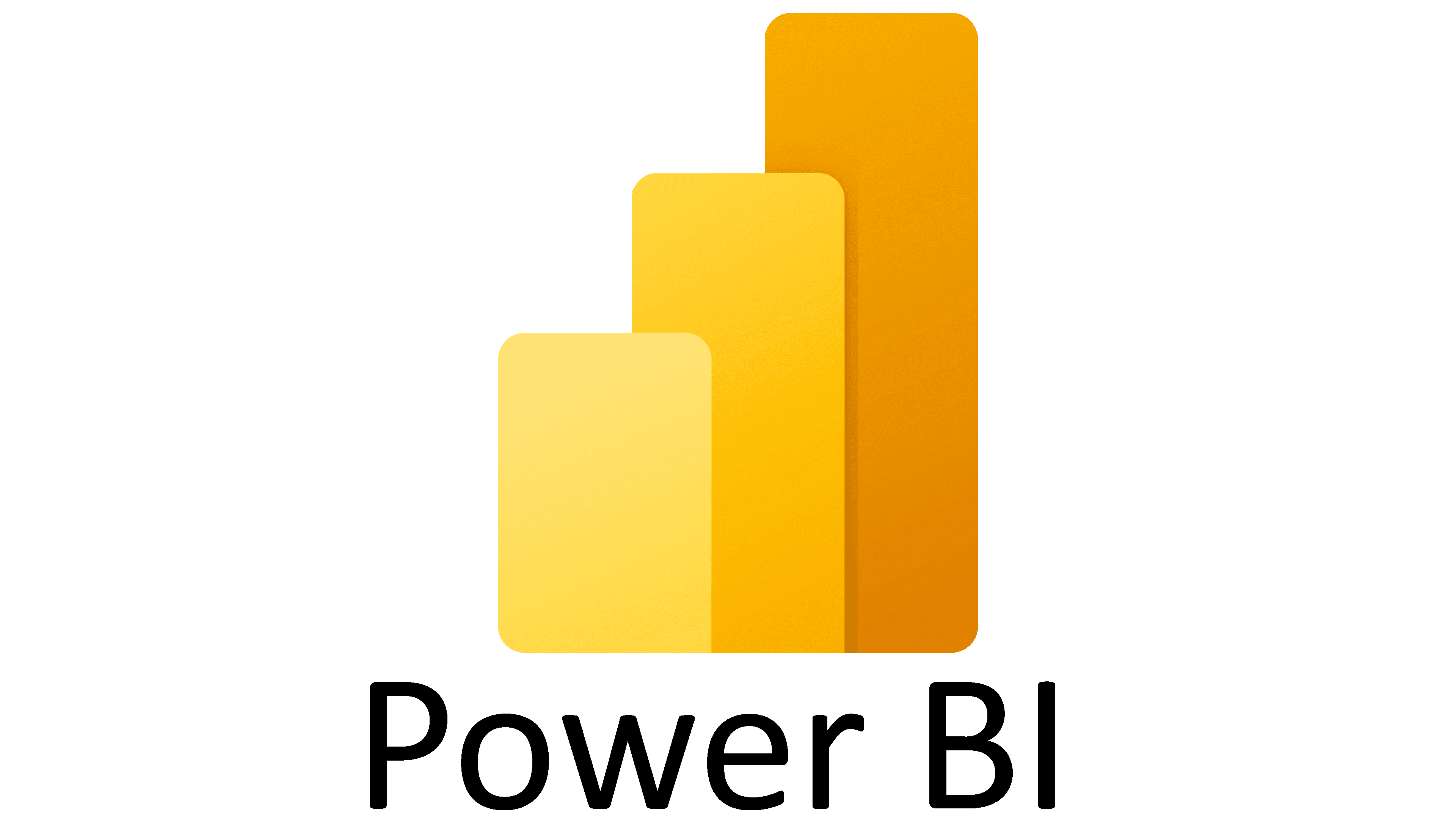
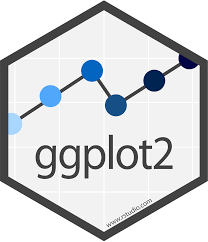
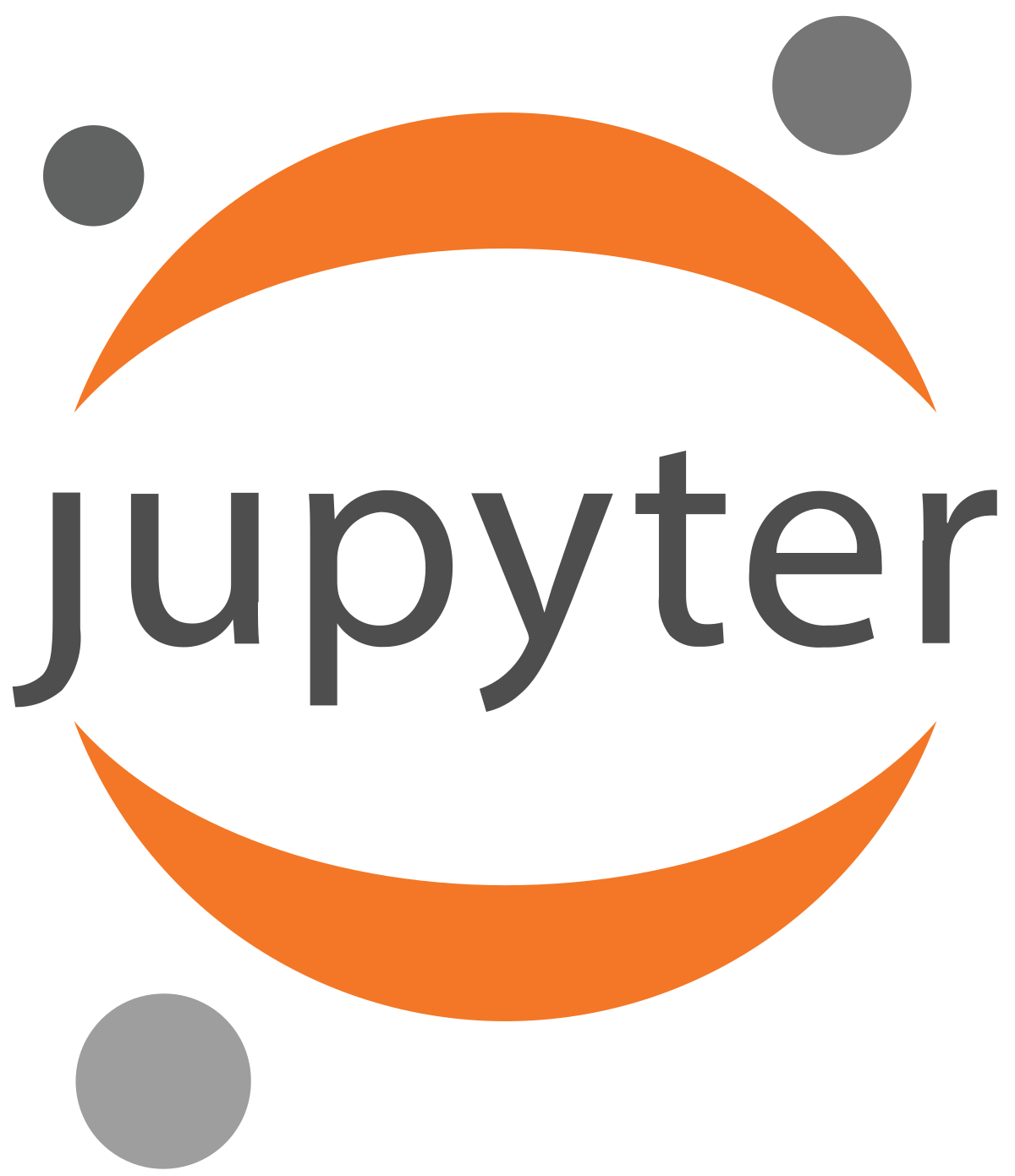


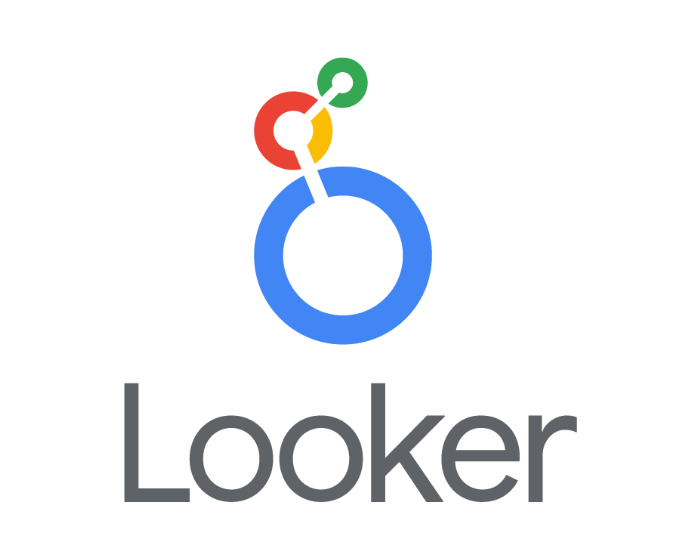
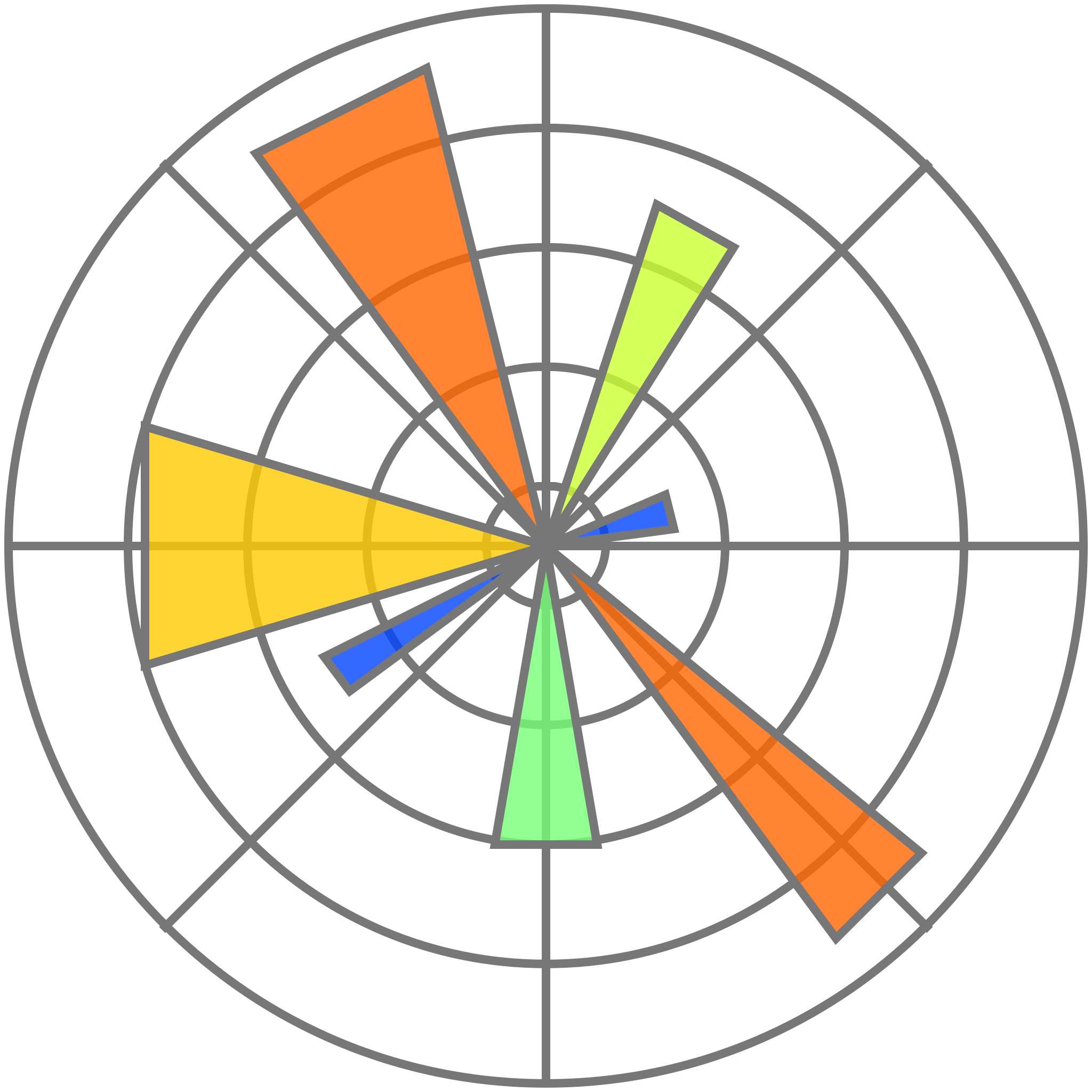



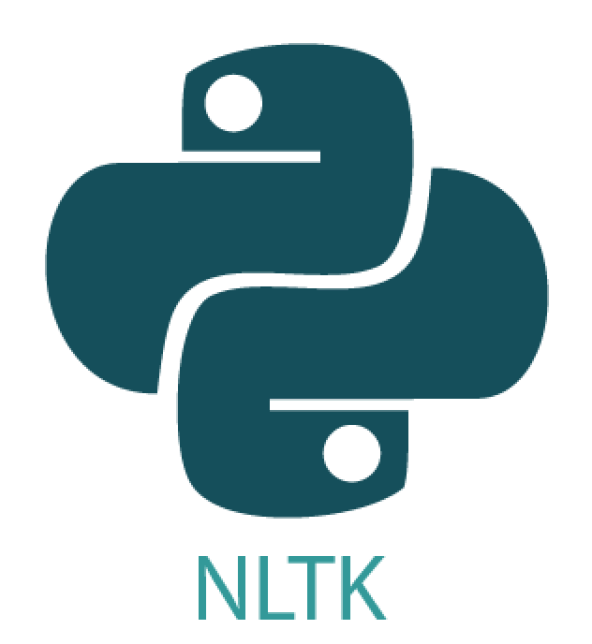
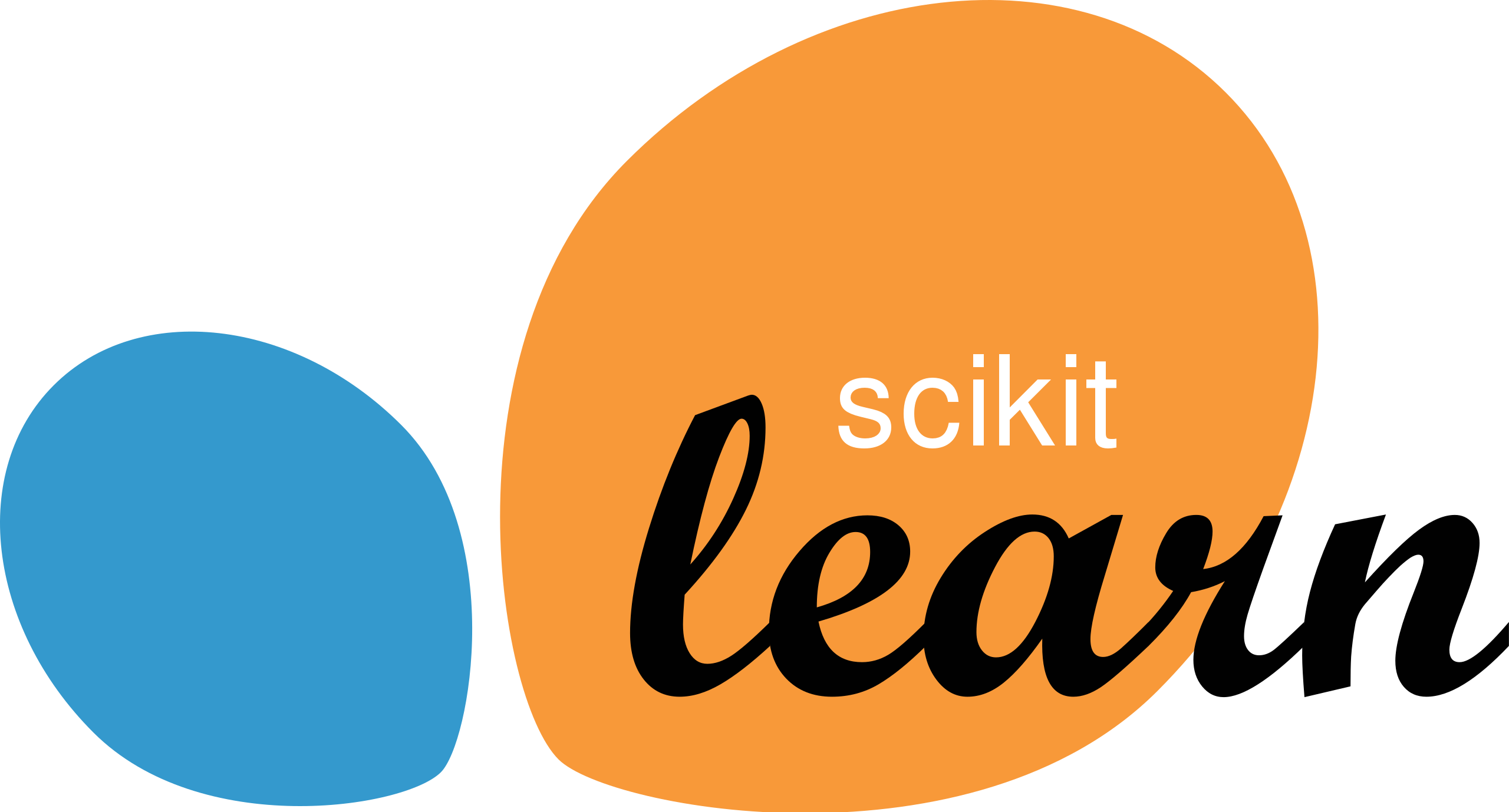

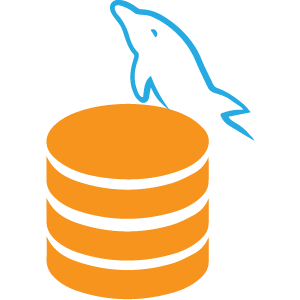


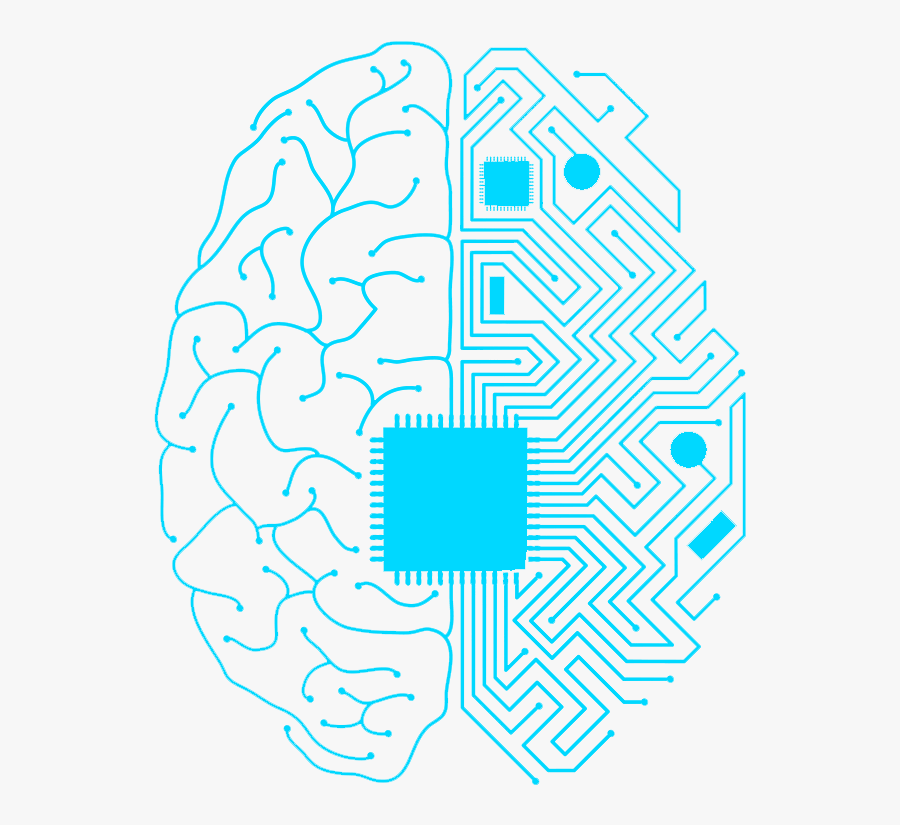
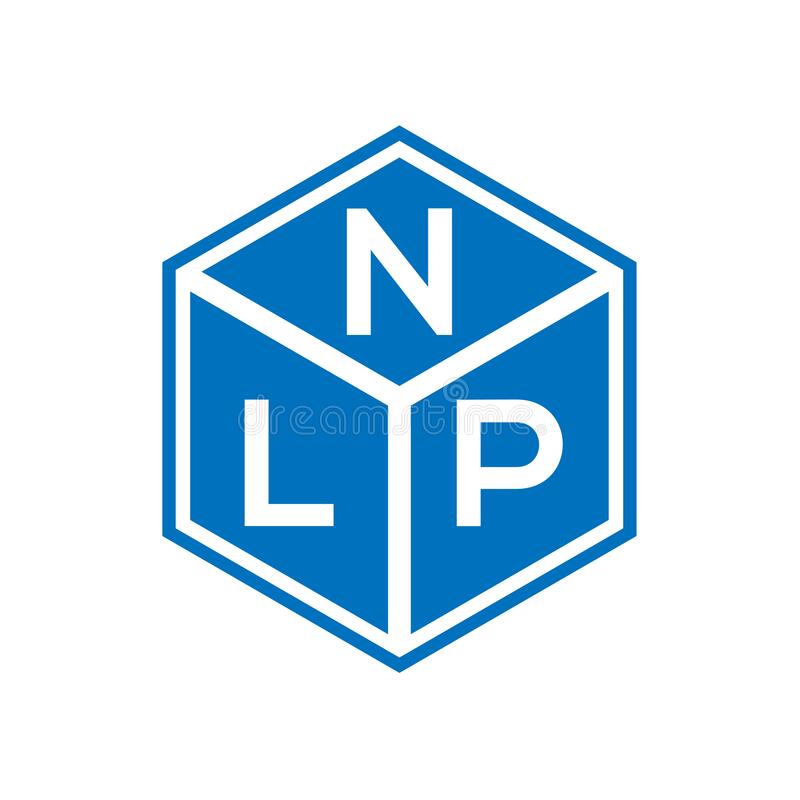

.png)
.png)


.jpg)




